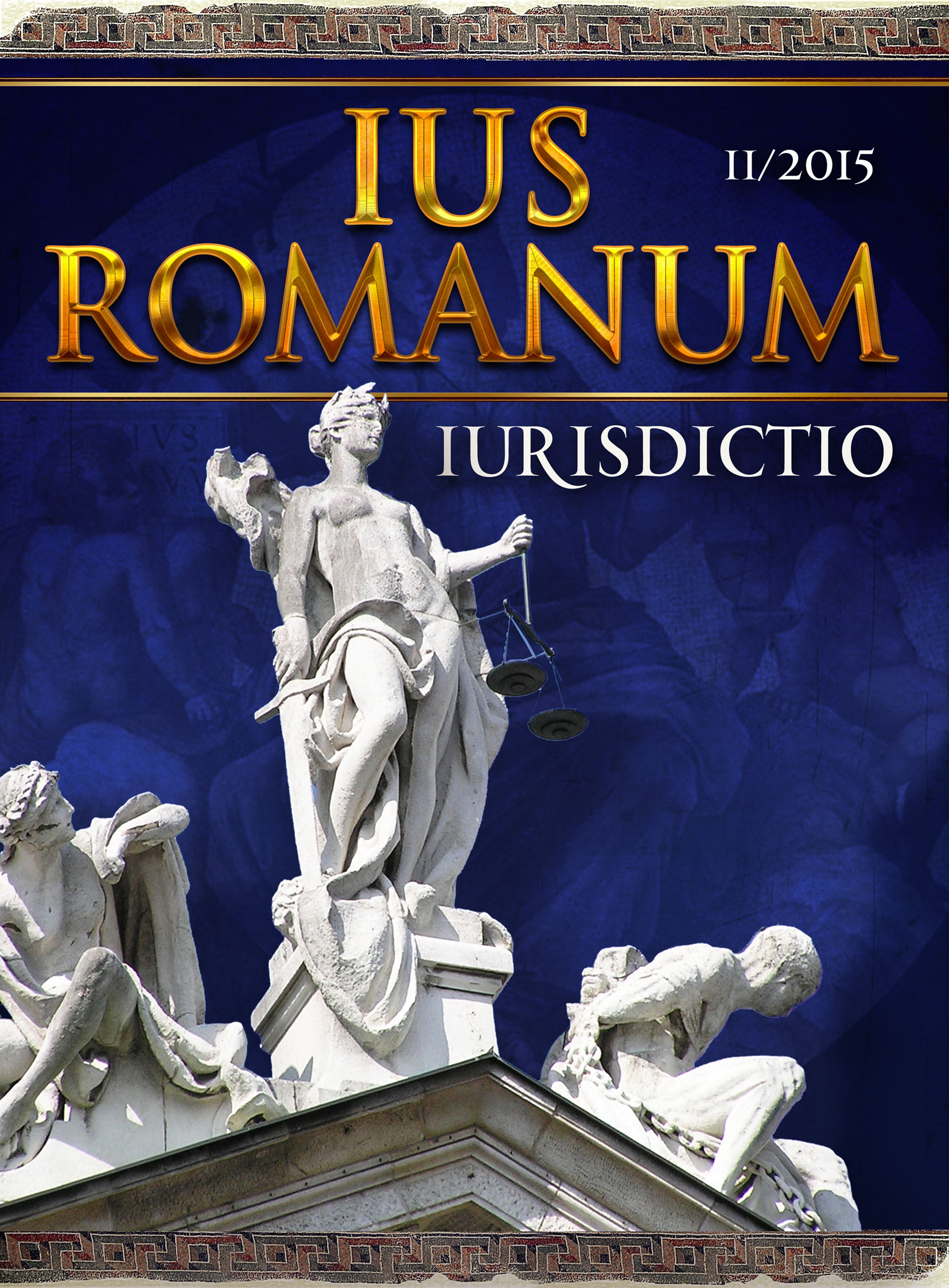ВЪЗМОЖНОСТТА ЗА ОТМЯНА НА ОТКАЗА ОТ НАСЛЕДСТВО ОТ КРЕДИТОРИТЕ НА НАСЛЕДНИКА В РИМСКОТО И В БЪЛГАРСКОТО ГРАЖДАНСКО ПРАВО
POSSIBILITY FOR THE REVOCATION OF THE REFUSAL OF HERITAGE BY THE CREDITORS OF THE HEIR ACCORDING TO ROMAN PRIVATE LAW AND ACCORDING TO BULGARIAN CIVIL LAW
Author(s): Ventsislav L. PetrovSubject(s): Law, Constitution, Jurisprudence, History of Law, Civil Law, EU-Legislation
Published by: Софийски университет »Св. Климент Охридски«
Keywords: acceptance of heritage; refusal of heritage; revocation of the refusal of heritage; creditors of the heir
Summary/Abstract: The article searches the historical roots of the institute of the revocation of the refusal of heritage by the creditors of the heir, established as in Bulgarian civil law (Art. 56 of the Inheritance Act) as in some other European legislations. It was made an analysis of the system of acquisition of heritage in Ancient Rome by the different categories of heirs in the different historical periods. On the bases on this, was made a conclusion which categories of heirs could refuse a heritage, which theoretically can be attacked by their creditors. Based on literary analysis a thesis is argumented that the institute of revocation was not established in Roman private law. The refusal of heritage could not been attacked with Actio Pauliana either. Roman law provided means for protection to the interests of creditors of the testator, but not for the creditors of the heir. On the contrary, according to Bulgarian legislation each refusal of heritage can be attacked under the conditions of art. 56 of the Inheritance Act. The law requirements for this revocation are indicated in short. It is concluded that the roots of this institute have to be searched in a later historical period.
Journal: IUS ROMANUM
- Issue Year: 2015
- Issue No: 2
- Page Range: 917-926
- Page Count: 10
- Language: Bulgarian

